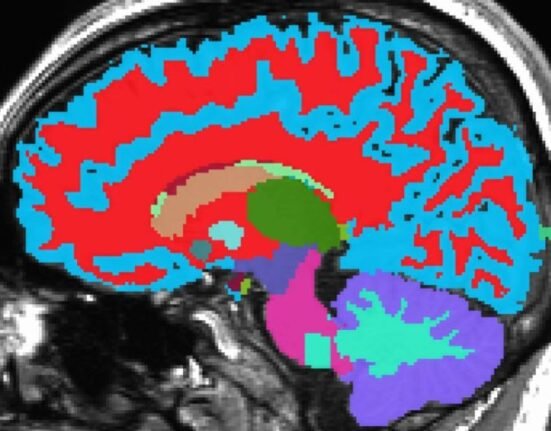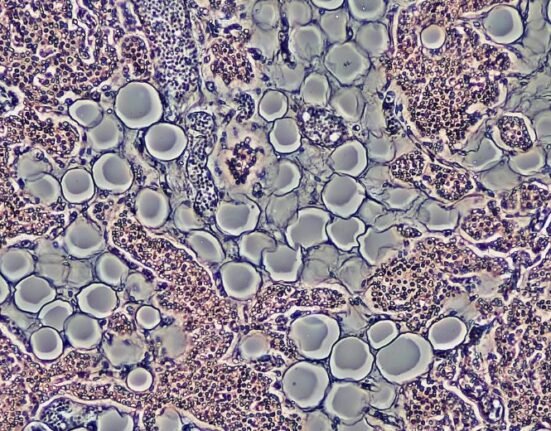by Dr K. Leelamoni
October 10, 2023: I had a sense of annoyance when I opened the door to greet Boopathy, 39, who irons our clothes.
It had been three weeks since he knocked at our door.
A migrant from the neighboring state of Tamil Nadu, Bhoopathy, it seems, had gone to take care of his ailing father who is suffering from last-stage lung cancer.
The 84-year-old man had one last wish he wanted his sons to fulfil — built a concrete road to take his dead body out “smoothly” to the burial ground in Kovilpatti city.
Bhoopathy, coming from a financially weak family, had to take a call after his father Ayyavu summoned all his five children recently to inform them of what he had in his mind.
All of Ayyavu’s sons decided to resolve the issue and started to rebuild the dilapidated road connecting their house to the main road so that their dad’s dead body would have a “smooth ride to the burial ground.”
That explained his absence and the reason why my annoyance gave way to empathy.
Empty houses
In my resident state of Kerala, about 1.1 million houses are lying empty as the elderly caretakers of the houses have either immigrated or started living with their sons and daughters within the country or outside.
In total, according to the state government, 11,89,144 houses remain deserted, including 5,85,998 in rural areas and 6,03,146 in urban areas.
It is a tough task to ask any old person to be uprooted. For, it involves leaving behind the land you are born in, along with memories of your friends and relatives.
And, to get to make new friends and acclimatise to a new environment, is starting from scratch.
Ageing homes, often called old-age homes, have started cropping up dime a dozen in my southern state. The elderly most often need affection, care and companionship to stay healthy.
A majority of my friends say they are willing to work as there are years left in them and they are physically and mentally capable.
Opportunity, strength
“Aging is not ‘lost youth’ but a new stage of opportunity and strength,” said American feminist writer and activist Betty Friedan. So true.
I often think about why our system does not allow experienced and elderly people to be employed. What is “retirement”? From what do you retire?
For me, Boopathy and his siblings, who work from both states of Tamil Nadu and Kerala are role models. They showed the way forward to treat the elderly, at least with respect.
According to the United Nations, one in ten people worldwide were aged 65 years and above in 2021. By 2050, this number is estimated to be one in six persons globally.
India is no exception. According to the United Nations Population Fund in its India Ageing Report 2023 there are 149 million persons aged 60 years and above in 2022 — 10.5% percent of the country’s population.
By 2050, the share of older persons will double to 20.8%, with the absolute number at 347 million.
‘Old, Old’
Typically, people consider themselves old when they stop working but there is no ‘typical old person.’
According to the UN, those aged 65 years and above are considered “old”. Even amongst them, those between 65 and 74 years of age are labelled as the “young old”, 75-84 the “middle old” and over 85 the “old old”.
Additional years provide a person the chance to pursue newer activities, a new career or a long-neglected passion.
“Older persons are invaluable sources of knowledge and experience and have much to contribute towards peace, suitable development and protecting our planet,” UN Secretary-General Antonio Gutierrez had said recently.
For Bhoopathy the reason was simple. “I did it because that is his last wish.”
(Dr K Leelamoni has worked in the field of community medicine for nearly five decades in India. She is a former Head of Department of Community Medicine at the Government Medical College in Kozhikode and Thiruvananthapuram, and later at the Amrita Institute of Medical Sciences in Kochi.)








